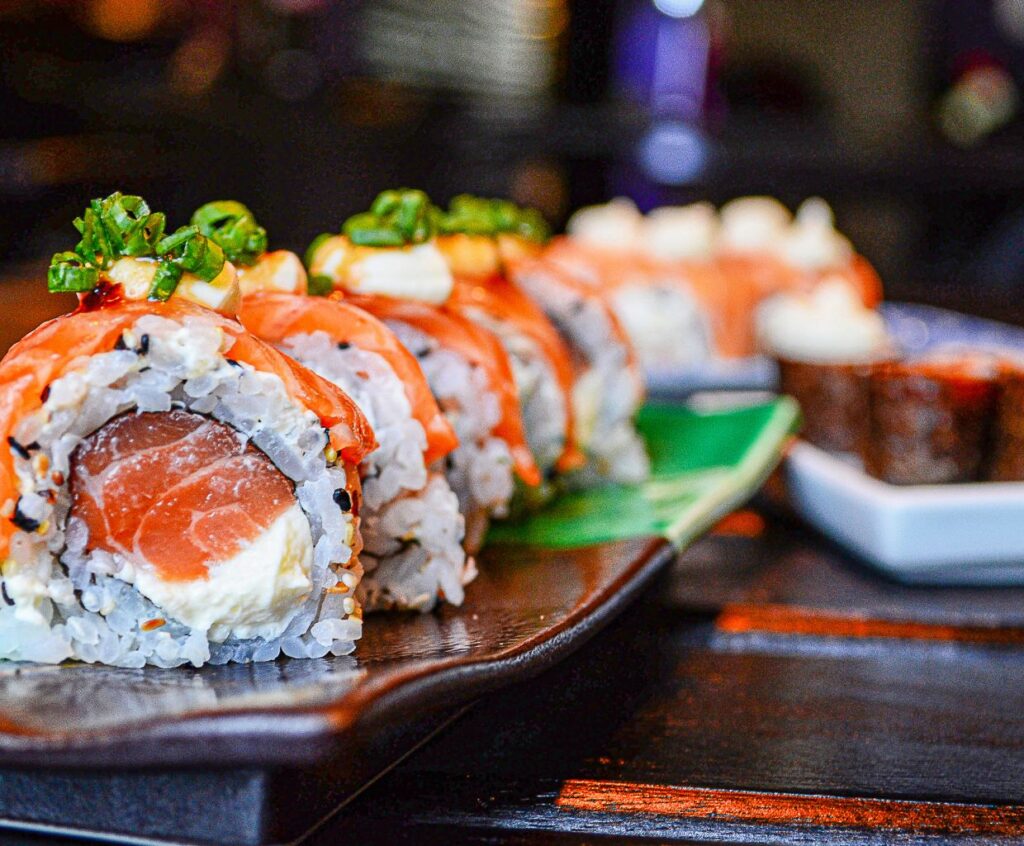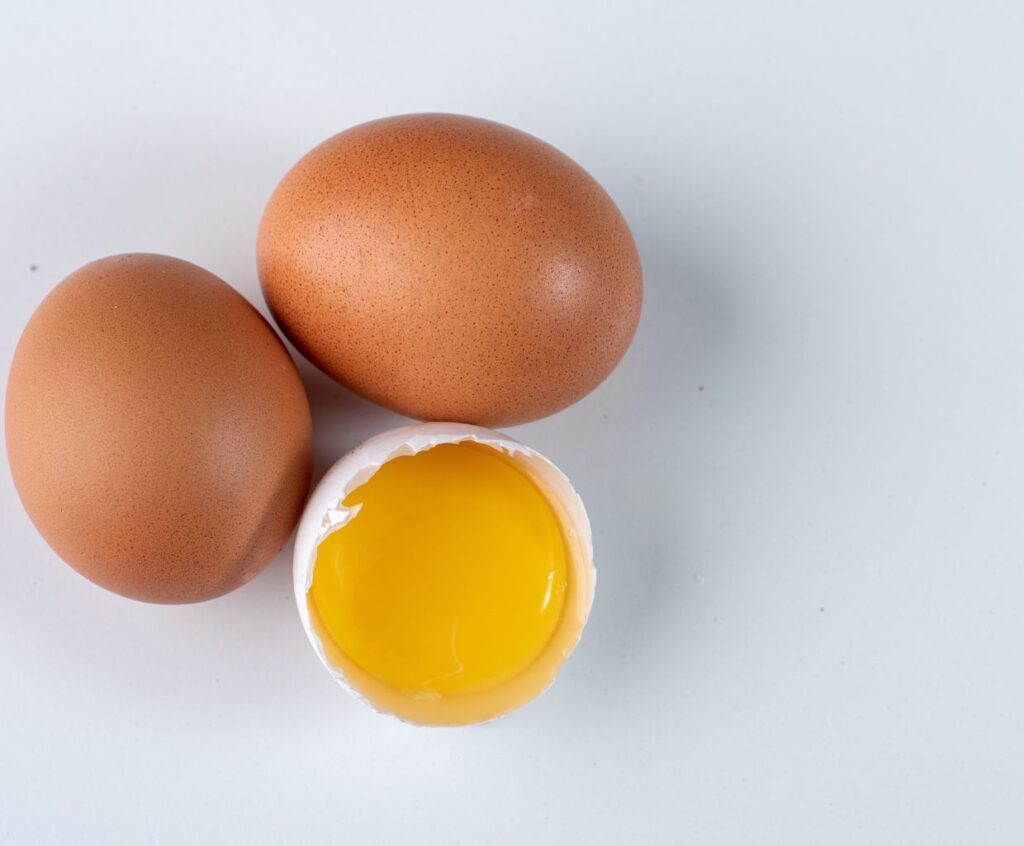Essential Guide: Foods to Avoid During Pregnancy for the Well-being of You and Your Baby
Welcome to our essential guide on the foods to avoid during pregnancy! Pregnancy is a remarkable journey filled with excitement and anticipation. As an expectant mother, it is crucial to prioritize the well-being of both yourself and your baby.
One way to ensure a healthy pregnancy is by being aware of the foods that may pose potential risks. This guide will discuss the foods you should avoid during pregnancy to minimize any potential harm to you and your baby.
Foods to Avoid
While it is essential to maintain a balanced diet during pregnancy, certain foods carry potential risks due to their potential to cause foodborne illnesses or harm the developing fetus. Here are some foods to steer clear of:
-
- Raw or Undercooked Meat: Consuming raw or undercooked meat increases the risk of bacterial infections such as salmonella or toxoplasmosis. Ensure that all meats are thoroughly cooked to avoid any potential harm.
-
- Raw Seafood: Raw seafood, including sushi, oysters, or sashimi, may contain harmful bacteria and parasites. Avoiding these raw delicacies during pregnancy to prevent food poisoning is best.
-
- Unpasteurized Dairy Products: Unpasteurized milk, cheese, or other dairy products can harbor harmful bacteria like Listeria. Opt for pasteurized alternatives to minimize the risk of infection.
-
- Raw or Undercooked Eggs: Raw or undercooked eggs may contain salmonella, harming you and your baby. Make sure eggs are fully cooked before consuming.
-
- Certain Fish with High Mercury Content: Mercury can harm the fetus’s developing nervous system. Avoid fish with high mercury levels, such as shark, swordfish, king mackerel, or tilefish. Opt for low-mercury alternatives like salmon or shrimp.
-
- Caffeine and Alcohol: Both caffeine and alcohol should be limited during pregnancy. High caffeine intake has been associated with an increased risk of miscarriage, while alcohol can cause serious developmental issues. It is best to avoid these substances or consume them in moderation.
What are the top foods that should be avoided during pregnancy to ensure the well-being of both mother and baby?
During pregnancy, it is essential to avoid certain foods to ensure the well-being of both the mother and the baby. Here are some top foods that should be avoided:
1. Raw or undercooked seafood: It is best to avoid raw or undercooked seafood, as it may contain harmful bacteria and parasites like Listeria, salmonella, or toxoplasma.
2. Certain fish high in mercury: Fish like shark, swordfish, king mackerel, and tilefish should be avoided as they contain high levels of mercury, which can harm the baby’s developing nervous system.
3. Raw or undercooked eggs: Raw or undercooked eggs may carry salmonella bacteria. Avoid foods like homemade mayonnaise, ice cream, and eggnog containing raw eggs.
4. Unpasteurized dairy products: Unpasteurized dairy products like raw milk, soft cheeses (e.g., brie, feta, camembert), and blue-veined cheeses should be avoided as they may contain listeria bacteria.
5. Deli meats and processed meats: Deli meats and processed meats like hot dogs, sausages, and salami may be contaminated with Listeria. It is best to heat them thoroughly before consuming them.
6. Raw sprouts: Raw sprouts, such as alfalfa, clover, mung bean, or radish sprouts, can carry bacteria like salmonella and E. coli. It is safer to consume cooked sprouts.
7. Excessive caffeine: High levels of caffeine should be avoided during pregnancy as it can increase the risk of miscarriage and restrict fetal growth. Limit the intake of coffee, tea, energy drinks, and chocolate.
8. Alcohol: It is strongly advised to avoid alcohol during pregnancy as it can harm the baby’s development and increase the risk of fetal alcohol syndrome.
9. Unwashed fruits and vegetables: Thoroughly wash all fruits and vegetables to remove any potential bacteria or pesticides that may be present.
It is always recommended to consult with a healthcare provider for personalized dietary advice during pregnancy.
What alternative food options can pregnant women consider to ensure a balanced diet while avoiding potentially harmful foods?
Some alternative food options that pregnant women can consider to ensure a balanced diet while avoiding potentially harmful foods include:
1. Lean meats and poultry: Instead of consuming raw or undercooked meats, pregnant women can opt for lean cuts of cooked meats and poultry, which are excellent protein sources.
2. Fish low in mercury: Rather than consuming high-mercury fish like shark, swordfish, or king mackerel, pregnant women can choose fish low in mercury, such as salmon, trout, and sardines, which provide omega-3 fatty acids.
3. Pasteurized dairy products: Instead of consuming unpasteurized dairy products, pregnant women can opt for pasteurized milk, cheese, and yogurt, which are rich in calcium and other essential nutrients.
4. Legumes and beans: Pregnant women can include legumes and beans, such as lentils, chickpeas, and black beans, as a source of protein, fiber, and folate.
5. Fortified cereals and grains: Instead of consuming raw or undercooked sprouts, pregnant women can choose fortified cereals and grains enriched with essential vitamins and minerals like iron and folic acid.
6. Eggs: Pregnant women can enjoy cooked eggs, which are a good source of protein and several essential nutrients while avoiding raw or partially cooked eggs.
7. Fresh fruits and vegetables: Including various fresh fruits and vegetables in the diet provides essential vitamins, minerals, and fiber while avoiding potential risks associated with unwashed or contaminated produce.
8. Nuts and seeds: Pregnant women can consume a variety of nuts and seeds, such as almonds, walnuts, and chia seeds, as they are rich in healthy fats, protein, and fiber.
9. Whole grains: Choosing whole grains like quinoa, brown rice, and whole wheat bread instead of refined grains ensures a higher intake of fiber, vitamins, and minerals.
10. Healthy fats: Including sources of healthy fats like avocados, olive oil, and coconut oil in the diet can provide necessary nutrients and promote overall health.
Pregnant women must consult with their healthcare provider or a registered dietitian to ensure they meet their specific nutritional needs during pregnancy.
Foods to Avoid During Pregnancy – Conclusion
While it is normal to have cravings during pregnancy, it is essential to prioritize the safety and well-being of both you and your baby. Avoiding certain foods that carry potential risks can reduce the chances of foodborne illnesses and other complications.
Consult your healthcare provider for specific dietary guidelines tailored to your pregnancy. Enjoy this beautiful journey and make informed choices to ensure a healthy and happy pregnancy!


